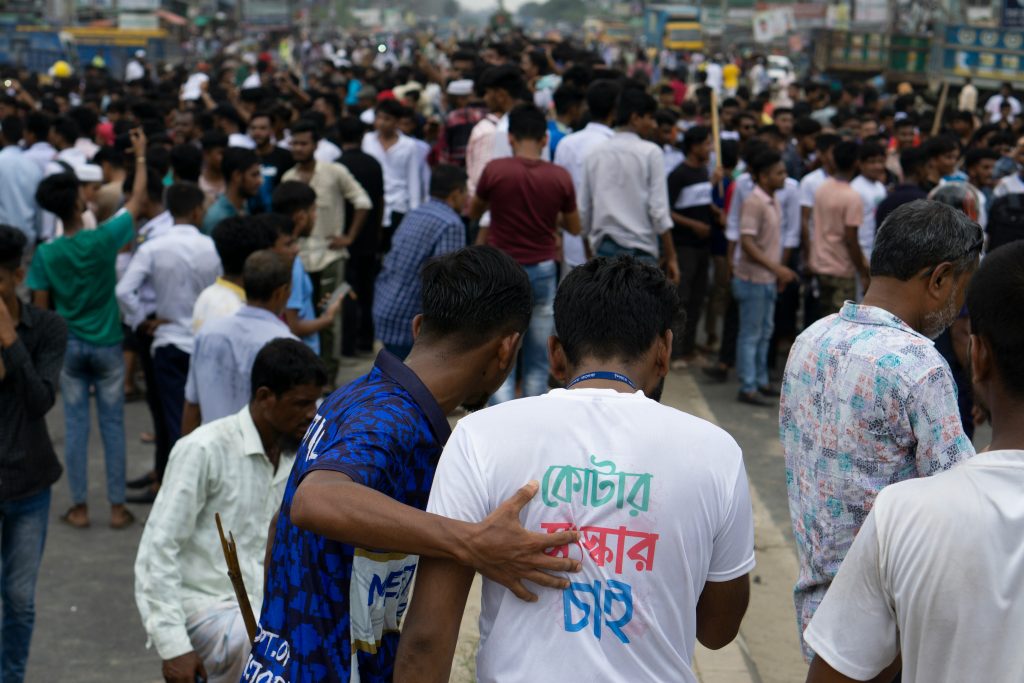In a highly anticipated primary election, Democratic Congresswoman Cori Bush is bracing for a fierce battle against her challengers, particularly St. Louis County Prosecutor Wesley Bell. As the political landscape shifts, Bush’s candidacy has become a focal point of contention among voters in Missouri. With the primary drawing near, the stakes have never been higher for the progressive representative, who has garnered both fervent support and vocal opposition. Bell, a well-known figure in the community, has mounted a formidable campaign, backed by significant financial resources and a substantial advertising blitz, which has heightened tensions in the race.
The primary is not only a critical moment for Bush but also a reflection of broader political dynamics within the Democratic Party. As established political figures and new challengers vie for influence, this contest has emerged as one of the most closely watched races. The involvement of pro-Israel lobbying groups, specifically AIPAC, has added another layer of complexity to the electoral landscape, indicating the race’s significance on both local and national fronts.
Bush, who gained prominence for her outspoken advocacy on issues such as racial justice and healthcare reform, faces the challenge of mobilizing her base while countering the substantial support Bell has garnered. The contrasting visions for the future of the district resonate with voters, making it essential for Bush to articulate her achievements and plans clearly. The election will serve as a referendum on her tenure and the progressive policies she champions.
With the primary election date approaching, both candidates are ramping up their efforts to connect with constituents. Bush’s campaign emphasizes her commitment to the community and the legislative victories she has achieved since taking office. In contrast, Bell’s camp seeks to portray him as a unifying figure capable of bridging divides within the party and appealing to a broader electorate.
As voters prepare to make their decisions, the implications of this primary extend beyond Missouri. The outcome may influence the direction of the Democratic Party, particularly as it navigates the challenges of maintaining unity amid differing ideological factions. Furthermore, the race underscores the growing influence of grassroots movements and the importance of campaign financing in shaping electoral outcomes.
In the coming days, all eyes will be on Missouri as the primary unfolds. Voter turnout will be critical, and both candidates will need to engage effectively with their constituents to secure a victory. The election serves as a crucial test of political resilience and the power of grassroots activism in the modern political arena. Regardless of the outcome, this primary is sure to leave a lasting impact on the future of the party and the representation of progressive values within Congress.

